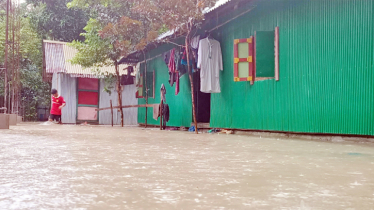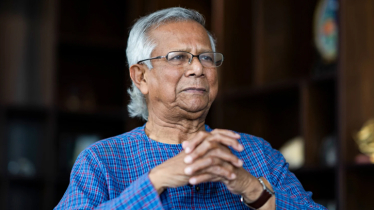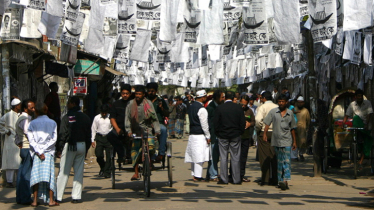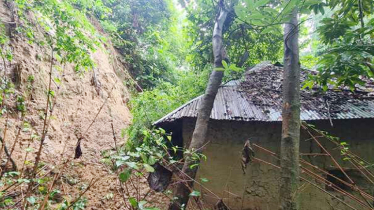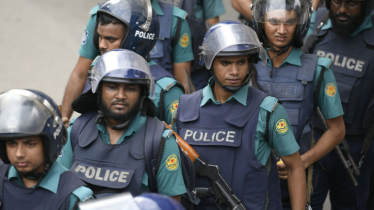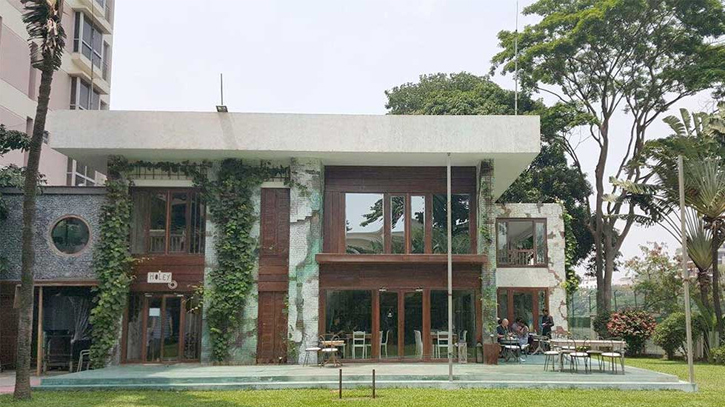
Photo : TDM
On July 1, 2016, Bangladesh experienced one of the deadliest terrorist attacks in its history. The Holey Artisan attack emphasized the need for improved intelligence gathering and sharing mechanisms. Enhancing coordination among law enforcement agencies, intelligence services, and international partners is crucial to identify and neutralize extremist networks.
The Holey Artisan attack was carried out by a group of armed militants affiliated with the Islamic State (ISIS). The terrorists stormed the café, taking hostages, primarily targeting foreigners to generate international attention and create panic. The siege lasted nearly 12 hours, resulting in the tragic deaths of 20 innocent people, including 17 foreigners.
The incident exposed vulnerabilities within Bangladesh's security apparatus, revealing the existence of a local extremist network and the spread of radical ideologies. It also highlighted the infiltration and influence of international terrorist organizations within the country.
Following the Holey Artisan attack, the Bangladesh government took several significant measures to address the incident and counter terrorism effectively.
The government deployed security forces to the site promptly and launched a rescue operation to save the hostages. While the operation successfully neutralized the terrorists, it unfortunately resulted in the loss of lives due to the attackers' use of explosives.
The government intensified its efforts to dismantle extremist networks operating within the country. It conducted widespread investigations, arrests, and raids on suspected militant hideouts, aiming to disrupt their activities and prevent future attacks.
Bangladesh government also implemented enhanced security protocols, particularly in areas frequented by foreigners and diplomats. This included bolstering surveillance systems, increasing police presence, and improving intelligence gathering and sharing mechanisms.
Recognizing the global nature of terrorism, the Bangladesh government actively sought international cooperation and support in countering extremism. It engaged with foreign governments and international organizations to share intelligence, receive training assistance, and collaborate on counterterrorism efforts.
The government acknowledged the importance of countering radicalization and extremism at its root. It launched campaigns to raise awareness, promote moderate religious values, and discourage the spread of extremist ideologies. Additionally, efforts were made to improve educational curricula to foster critical thinking and inclusivity.
In response to the Holey Artisan attack, the Bangladesh government demonstrated its commitment to addressing the incident and countering terrorism. Its swift response, crackdown on extremist networks, strengthening of security measures, international cooperation, and efforts to tackle radicalization collectively aimed to prevent future acts of terror and promote a secure and inclusive society.
TDM/SD


